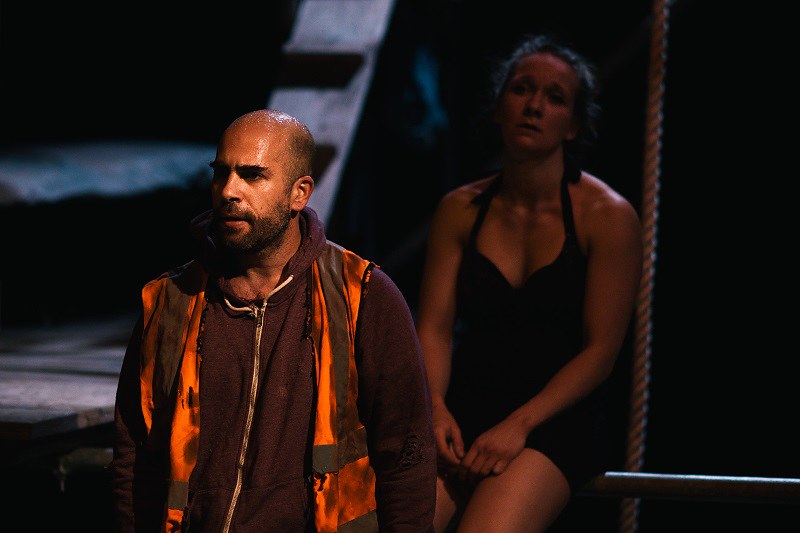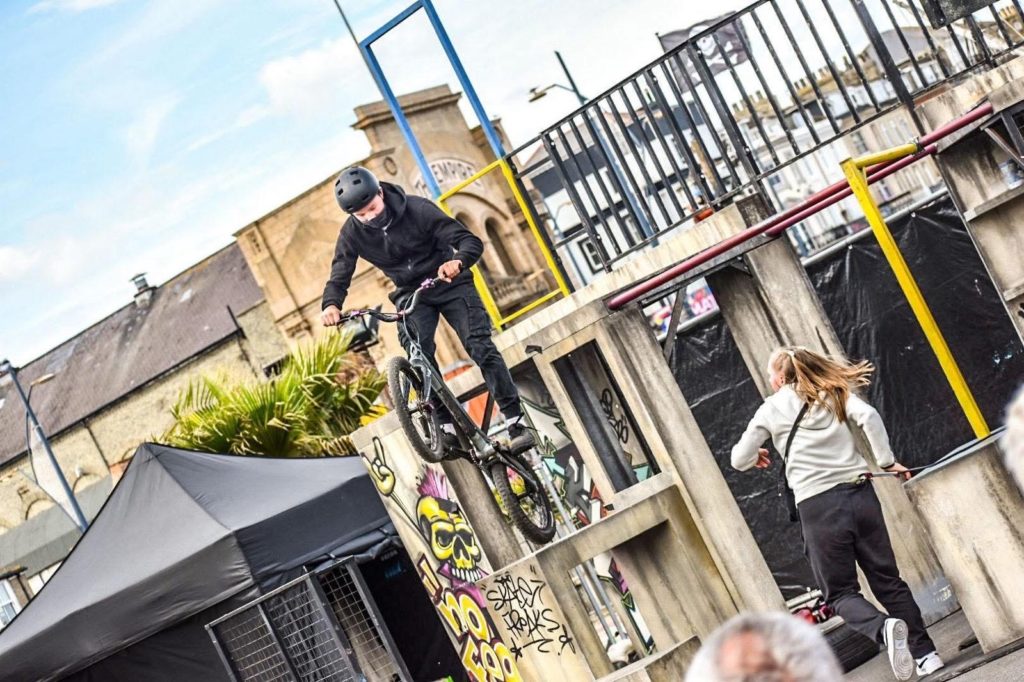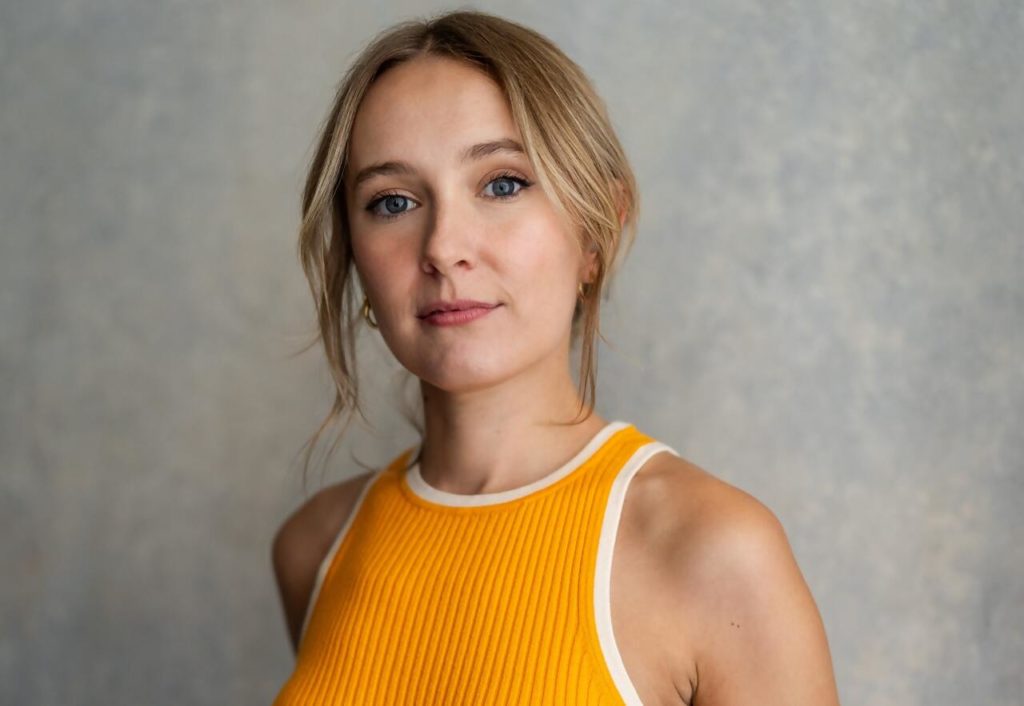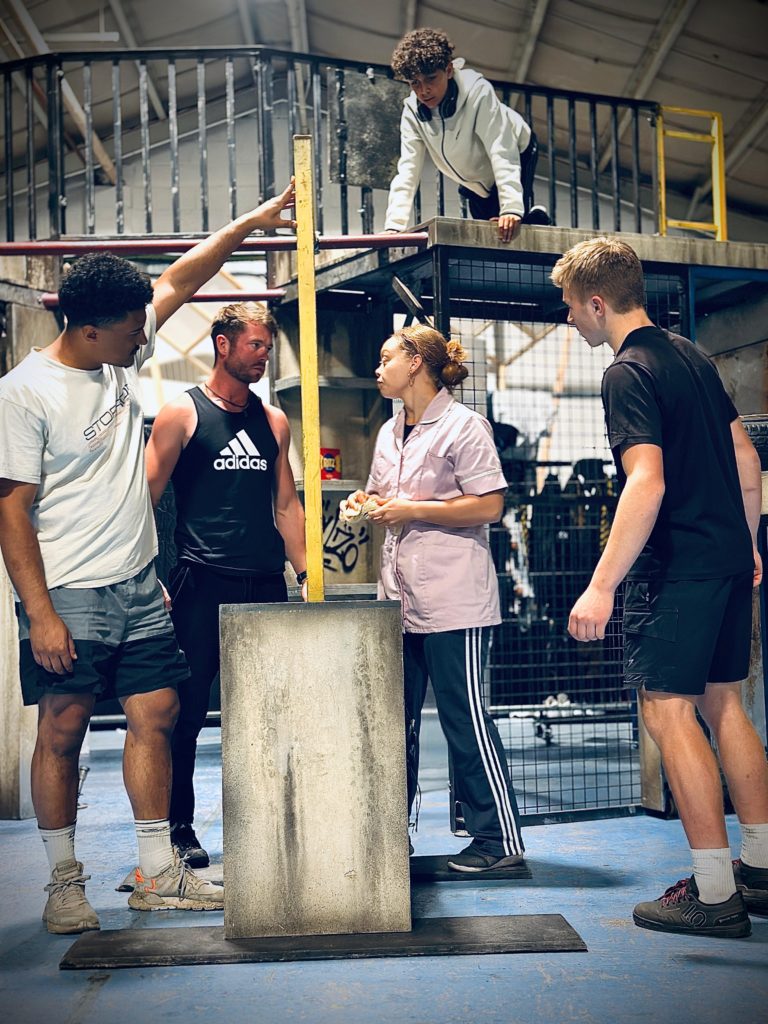Inclusivity in the arts is essential for creating a dynamic and diverse cultural landscape. Art has the power to reflect society and provide a platform for voices that have often been silenced or ignored. Unfortunately, the creative industries have historically struggled with representation, leaving many marginalised groups underrepresented in key roles. This lack of diversity not only limits the range of stories told but also excludes the rich perspectives that come from different backgrounds.
In fact, a report from the Creative Industries Policy and Evidence Centre revealed that people from ethnic minority backgrounds make up just 12% of the UK’s creative workforce, despite comprising 14% of the general population. The need for more inclusive representation in the arts is clear, and it’s something we at Justice in Motion are passionate about changing.
Justice in Motion: Empowering Diverse Voices
At Justice in Motion, inclusivity is at the heart of everything we do. Founded by Anja, a visionary creative director, we are dedicated to ensuring that underrepresented voices have a place in the arts. Our team reflects this commitment—diverse in both background and experience. Under Anja’s leadership, our company is shaped not only by her direction but also by the collective talents of our actors and crew, who are central to everything we create.
We are more than just colleagues—we are a family. The camaraderie between our creatives, and our core team, is something that truly sets us apart. Together, we foster a relaxed yet deeply supportive environment where collaboration and trust thrive. This enables our performers to bring their authentic selves to the stage, resulting in work that resonates deeply with audiences.
Addressing Modern Slavery: Our Productions on Social Injustice
It is important to talk about modern slavery when looking at diversity and inclusion, as it is often marginalised people, including migrant workers, women, disabled people and people of colour — who are most affected and least heard. This is why it is vital for these stories to be included and heard in the arts..
Our debut production coincided with Oxford’s Bullfinch investigation into sexual abuse. From there, we developed a show that tackled the many forms of modern slavery, including domestic servitude, sex trafficking and forced labour.
Recent statistics show that:
- 19,125 potential victims of modern slavery were referred to the Home Office in 2024, representing a 13% increase compared to the preceding year (16,990)
- the number of referrals made in 2024 is the highest in a year since the NRM began, overtaking the record from the previous year
- 14,790 (77%) were sent to the Single Competent Authority (SCA) for consideration and 4,335 (23%) were sent to the Immigration Enforcement Competent Authority (IECA, 2024)
This is why our productions BOUND and ON EDGE, which shed light on this matter are so important, as they amplify diverse voices which we often forget about. Learn more about BOUND and ON EDGE.

Live on Tour: CODE — A Bold, Inclusive Look at County Lines and Knife Crime
Our latest production, CODE, delves into the exploitation of young people by County Lines drug gangs. This high-octane performance combines physical theatre, rap, parkour, and stunt cycling to explore the reality of knife crime and modern slavery in today’s Britain. Inspired by real-life stories, CODE brings together adrenaline-fuelled visuals and hard-hitting narrative to spotlight one of the fastest-growing forms of exploitation affecting children and vulnerable young people.
In several locations, we run creative residencies with local youth, enabling them to learn movement techniques and contribute directly to, and perform in the show. This powerful collaboration not only raises awareness but empowers young people to share space with professional performers, telling a story that could be happening in any community right now.
By involving young people in the creative process and platforming unheard stories, CODE reflects our commitment to inclusive, community-rooted storytelling that speaks to lived experience.
CODE is currently touring — come and see us live!

Rose Ayling-Ellis: Shaping the Future of Deaf Representation
A powerful example of breaking down barriers in the creative industries is British actor Rose Ayling-Ellis, who is deaf. She continues to advocate for the inclusion of deaf people in the arts, using her platform to demonstrate that deafness is not a disability, but a different way of experiencing the world.
In her latest role in Code of Silence, Ayling-Ellis plays a deaf woman whose lip-reading skills help solve crimes. Her character’s deafness is portrayed as a strength, offering a welcome shift in how deaf individuals are represented on screen.
Rose reminds us that it should not be the sole responsibility of disabled people to push for accessibility and inclusion in the arts. Everyone in the industry—from casting to production—must play their part. Disabled performers should be recognised for their talent first, with their disability as one aspect of their identity, not its defining feature.

UK Government Initiatives to Promote Diversity and Inclusion in the Arts
The UK government has introduced various initiatives to foster diversity within the creative industries, although challenges remain. In the 2024 Budget, £3 million was committed to expanding the Creative Careers Programme to diversify the talent pipeline. A further £25 million was pledged to support creative industries in the North East, signalling recognition of the need to broaden access across the country.
In addition, £2.3 billion has been earmarked for creative industries programmes like Create Growth, designed to drive innovation and inclusivity. Justice in Motion, however, does not approve of the cuts to #AccessToWork – a vital scheme that many disabled artists and professionals rely on to do their jobs. Recent changes have left people like Jess Thom, co-artistic director of Touretteshero, without the support they need to continue working. After receiving an email stating her Access to Work support would be cut by over 60%, Jess was forced to step back from her role. As she writes, “I can’t work without appropriate support, so this email from a stranger was in effect telling me that my entire career is at risk.” The proposed support ignored critical needs and offered an unworkable solution that would leave her support worker earning less than minimum wage. Read her full story.
Nonetheless, inequality persists. Barriers remain for women, ethnic minorities, disabled people and those from socio-economically disadvantaged backgrounds. In response, the government has introduced measures such as enhanced protections against sexual harassment, the creation of the Creative Industries Independent Standards Authority (CIISA), and proposals for more inclusive, flexible funding that takes into account intersectionality and the needs of freelancers and short-term workers.
While these are positive steps, sustained commitment is essential. Robust research, regulatory reform, and equitable educational pathways are all necessary to ensure meaningful, long-term change.
Bringing Everything Together: The Power of Art for Social Change
Through our productions and the stories we tell, Justice in Motion aims to create meaningful impact. We believe in the transformative power of art to raise awareness, challenge injustice, and offer hope. Whether addressing modern slavery, knife crime, or county lines, we provide a space where performers from all backgrounds can thrive and audiences can connect with real, powerful narratives.
Our commitment to inclusivity is about more than just representation, it’s about creating a creative environment where people see their realities reflected and their experiences honoured. From Anja’s leadership to the trust and support shared among our creatives, we are building something truly special.
As we continue to grow, we recognise that inclusivity in the arts is not just a goal,it is a shared responsibility.
We hope that our work at Justice in Motion can inspire others to join us in building a more just, diverse, and inclusive creative world, where art becomes a force for change.
